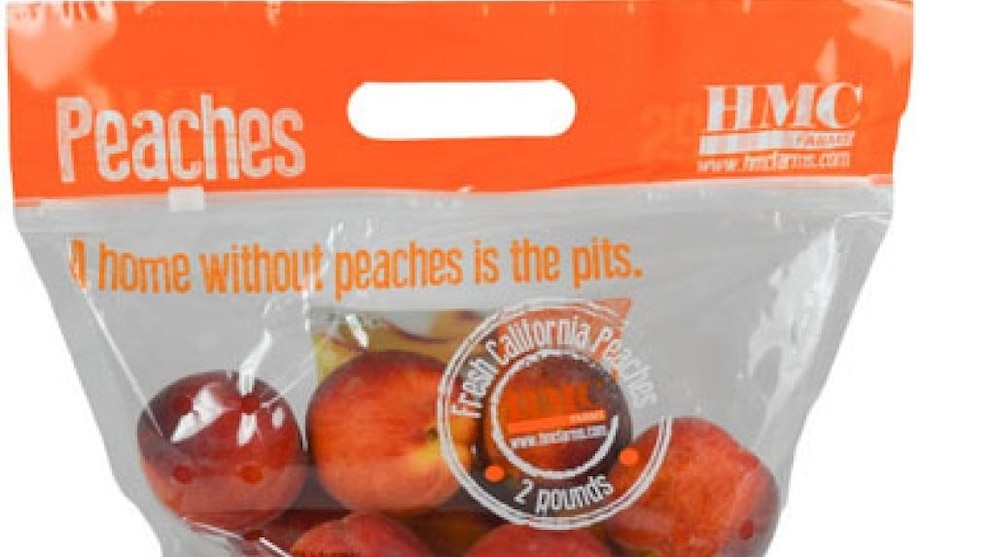Recall Issued for Fruit Linked to Listeria Outbreak
In recent news, a recall has been issued for certain fruits that have been linked to a Listeria outbreak. Listeria is a bacteria that can cause serious illness, especially in individuals with weakened immune systems, pregnant women, and the elderly. This recall serves as a reminder of the importance of food safety and the potential risks associated with consuming contaminated produce.
The affected fruits include melons, specifically cantaloupes and honeydews, as well as pre-cut fruit salads containing these melons. The recall was initiated after several cases of Listeria infection were reported across different states. The Centers for Disease Control and Prevention (CDC) and the Food and Drug Administration (FDA) are currently investigating the source of the outbreak and working to prevent further cases.
Listeria monocytogenes, the bacteria responsible for Listeria infection, can be found in soil, water, and some animals. It can contaminate fruits and vegetables during the growing, harvesting, or processing stages. Unlike many other bacteria, Listeria can survive and even grow in refrigerated temperatures, making it particularly dangerous.
Symptoms of Listeria infection can vary but often include fever, muscle aches, nausea, and diarrhea. In severe cases, the infection can spread to the bloodstream and other parts of the body, leading to more serious complications such as meningitis or septicemia. Pregnant women infected with Listeria may experience mild flu-like symptoms but are at a higher risk of miscarriage, stillbirth, or premature delivery.
To protect yourself and your family from Listeria infection, it is essential to practice proper food safety measures. Here are some guidelines to follow:
1. Check for recalls: Stay informed about any recalls or warnings issued by health authorities regarding specific food products. Regularly check the FDA website or sign up for email alerts to receive the latest updates.
2. Wash your hands: Always wash your hands with soap and water before handling any fruits or vegetables. This helps to remove any potential bacteria present on your hands.
3. Clean and sanitize surfaces: Thoroughly clean and sanitize all surfaces, cutting boards, and utensils that come into contact with fruits and vegetables. This helps prevent cross-contamination.
4. Rinse produce: Rinse all fruits and vegetables under running water, even if you plan to peel or cut them. This can help remove any bacteria present on the surface.
5. Store properly: Refrigerate fruits and vegetables promptly after purchase. Keep them separate from raw meats, poultry, and seafood to avoid cross-contamination.
6. Cook when necessary: If you are unsure about the safety of a particular fruit or vegetable, consider cooking it thoroughly to kill any potential bacteria. Listeria is killed by heat, so cooking can eliminate the risk of infection.
If you suspect that you have consumed contaminated fruit or are experiencing symptoms of Listeria infection, it is important to seek medical attention promptly. Listeria infection can be diagnosed through laboratory tests, and early treatment can help prevent complications.
In conclusion, the recent recall of certain fruits linked to a Listeria outbreak serves as a reminder of the importance of food safety. By following proper hygiene practices and staying informed about recalls, we can protect ourselves and our loved ones from potential health risks associated with contaminated produce.



